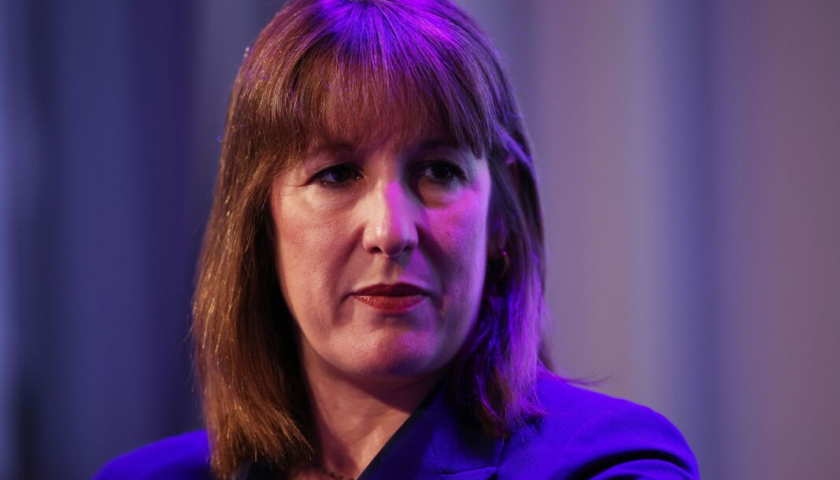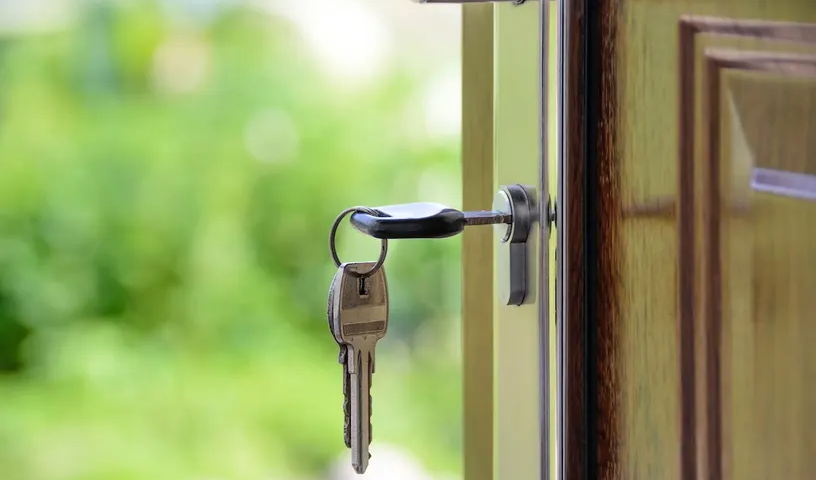Landlords are seeing homes they are buying being down-valued by up to 50 per cent, industry experts are warning, amid concerns from lenders that they won’t make enough money from rent to cover their mortgage costs.
Down-valuations are where a mortgage lender’s valuer determines that a house is worth less than the price that its buyer and seller have agreed on.
This means the lender will not provide a mortgage for the agreed price, so the buyer either needs to fund the gap with a larger deposit, agree to buy the property for a lower amount, or pull out of the sale.
Mortgage brokers have reported seeing a rise in down-valuations in the buy-to-let market over the past few months, but in recent weeks, some have said they have seen “extreme” down-valuations that signal a change in lenders’ attitudes towards rentals.
It comes amid reports that landlords have been rushing to sell off their properties before the Renters’ Rights Bill comes into effect in October, driving down competition in the rental market.
Estate agents have previously told The i Paper that they are seeing a ‘race to the bottom’ for flat prices as landlords rush to offload their portfolios, with many having to sell them at lower prices due to a lack of demand from new landlords.
Landlords also say they are ditching the market because of increasing cost pressures, including higher mortgage rates and pressure to make expensive energy upgrades to meet new energy certificate requirements.
But brokers have been surprised at the scale of down-valuations, as they believe landlords exiting the market should actually mean demand is higher, because the supply of rental homes is lower.
Michelle Lawson, director at Lawson Financial, said down-valuations, once a rare occurrence, have become ‘almost expected’ in the buy-to-let market over the past few weeks – and she has seen some up to 50 per cent.
“I have never seen this amount of down-valuations and disparity between valuer opinions. It’s starting to get quite prolific and almost expected now, and bizarrely it only seems to be affecting the buy-to-let market,” she said.
“Valuer comments have been strong on there being a ‘lack of demand’ or ‘no market’. Bearing in mind how rental properties are in short supply, this is mind-boggling, especially when these comments are made in big cities like London, which we have experienced.”
Craig Fish, director at Lodestone Mortgages, added that lenders appear to be concerned that landlords will not be able to earn as much from rentals as they could in the past, potentially driven by low demand.
In the eyes of a lender, this could mean that landlords may not be able to keep up with repayments on larger mortgages.
“I haven’t seen many down valuations as high as 50 per cent, but where I have, it’s been on buy-to-let cases,” he said.
“This points to lenders and valuers taking a much harsher line on investment property, perhaps reflecting concerns about rental yields and market risk.
“The sheer scale and frequency suggest this isn’t just a few isolated cases – it feels like there’s an underlying shift happening.”
Pete Mugleston, managing director at Online Mortgage Advisor, added: “The eye-watering down valuations on some buy-to-lets often come from properties bought in 2020–21, when yields looked strong, with interest rates near 0 per cent.
“Now rates are closer to 5–6 per cent, those same properties generate far less profit, and buy-to-lets are valued on rental yield and affordability rather than just bricks and mortar.
“Surveyors are marking them down sharply to protect lenders, which is why we’re seeing such extreme cases.”
What do down-valuations mean for the buy-to-let market?
The surge in down-valuations is bad news for landlords or anyone thinking about investing in property, as it could mean paying more fees to test multiple lenders before finding one willing to offer the full mortgage.
Ms Lawson said: “Not only can buyers lose application and valuation fees to change lender, they could also end up with a higher loan-to-value bracket [where you are borrowing on a bigger proportion of a property’s value] – which can mean a higher interest rate – all driven by one person’s opinion on a certain day.”
A surge in properties being down-valued could lead to more buy-to-let sales falling through, which could lead to there being fewer houses available to let as many landlords look to exit the market.
Daniel Bell, director at mortgage brokers Bell Financial Solutions, said: “Fewer landlords mean reduced supply at a time of record demand, which will lead to higher rents.”
It also means it could be more difficult for homeowners to remortgage.
Nicholas Mendes, broker at John Charcol, said: “If the valuation is lower than expected, it may result in the homeowner being offered a mortgage product at a higher loan-to-value, potentially increasing their interest rate and monthly repayments.
“Attempting to remortgage with a different lender is unlikely to produce a different result, as most lenders use the same valuation criteria.”
What to do if your home is down-valued
If your home is down-valued by a lender, the first thing to do is challenge the valuation.
According to The Homeowner’s Alliance, you will need to present strong evidence in the form of three recent, comparable house prices that have sold at the same amount – these should be rental properties if you’re a landlord.
If your lender still disagrees with you, you could try renegotiating the sale price with the seller to prevent the sale from falling through. Show them evidence of your lender’s valuation and ask if they will take a lower offer.
You could also try applying with another lender, but bear in mind you may have to pay the valuation fees again – and their opinion may not be any different.
Finally, if you have any spare cash, you could consider funding the difference yourself.
However, bear in mind that if a lender does not think the property is worth what you are paying for it, you could face making a loss on the property if you come to sell it in the future.
Contact one of our highly experienced mortgage advisors today on 0121 500 6316 to discuss your mortgage needs.



